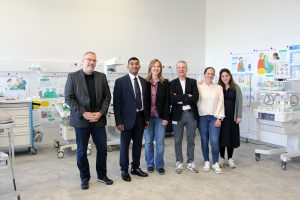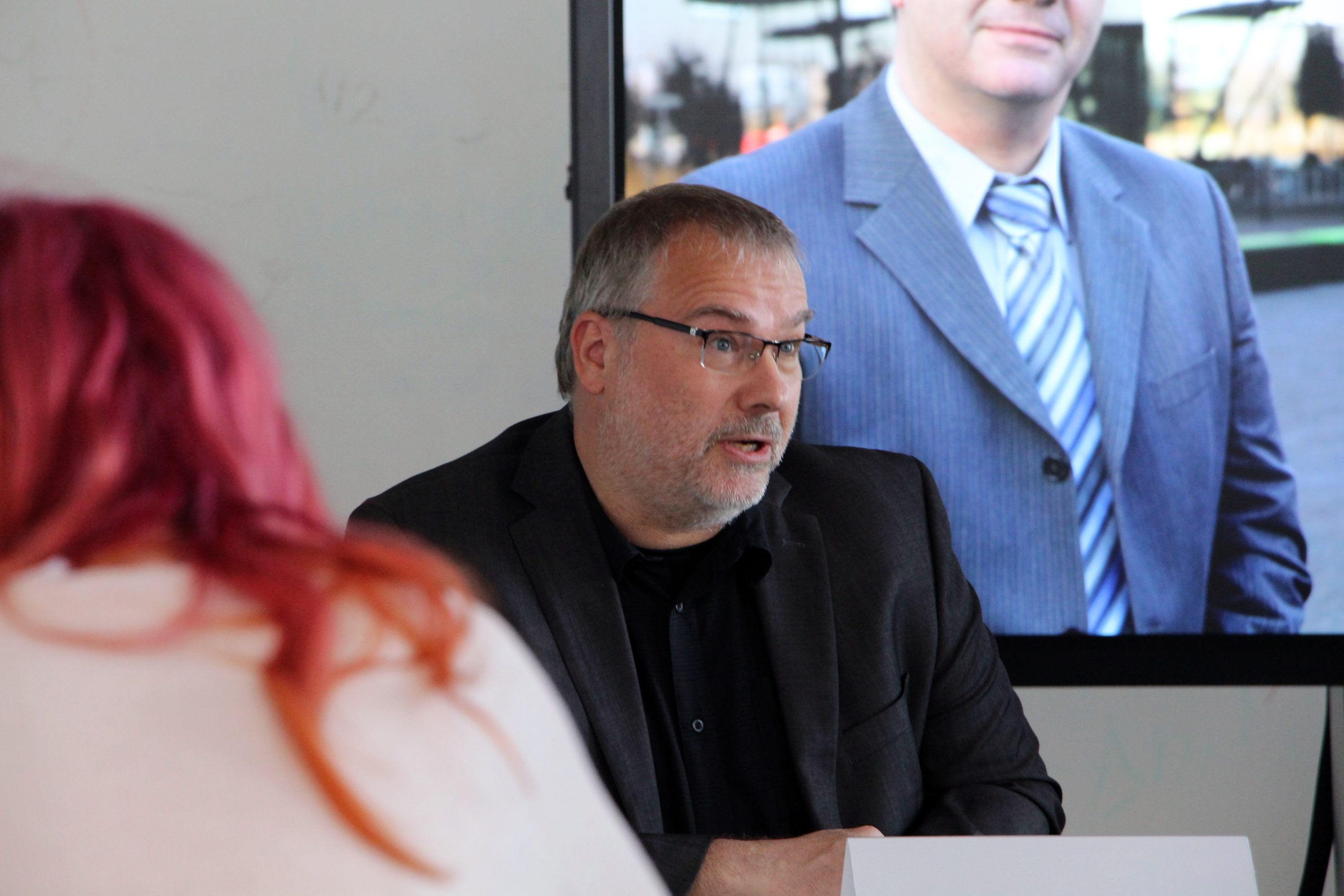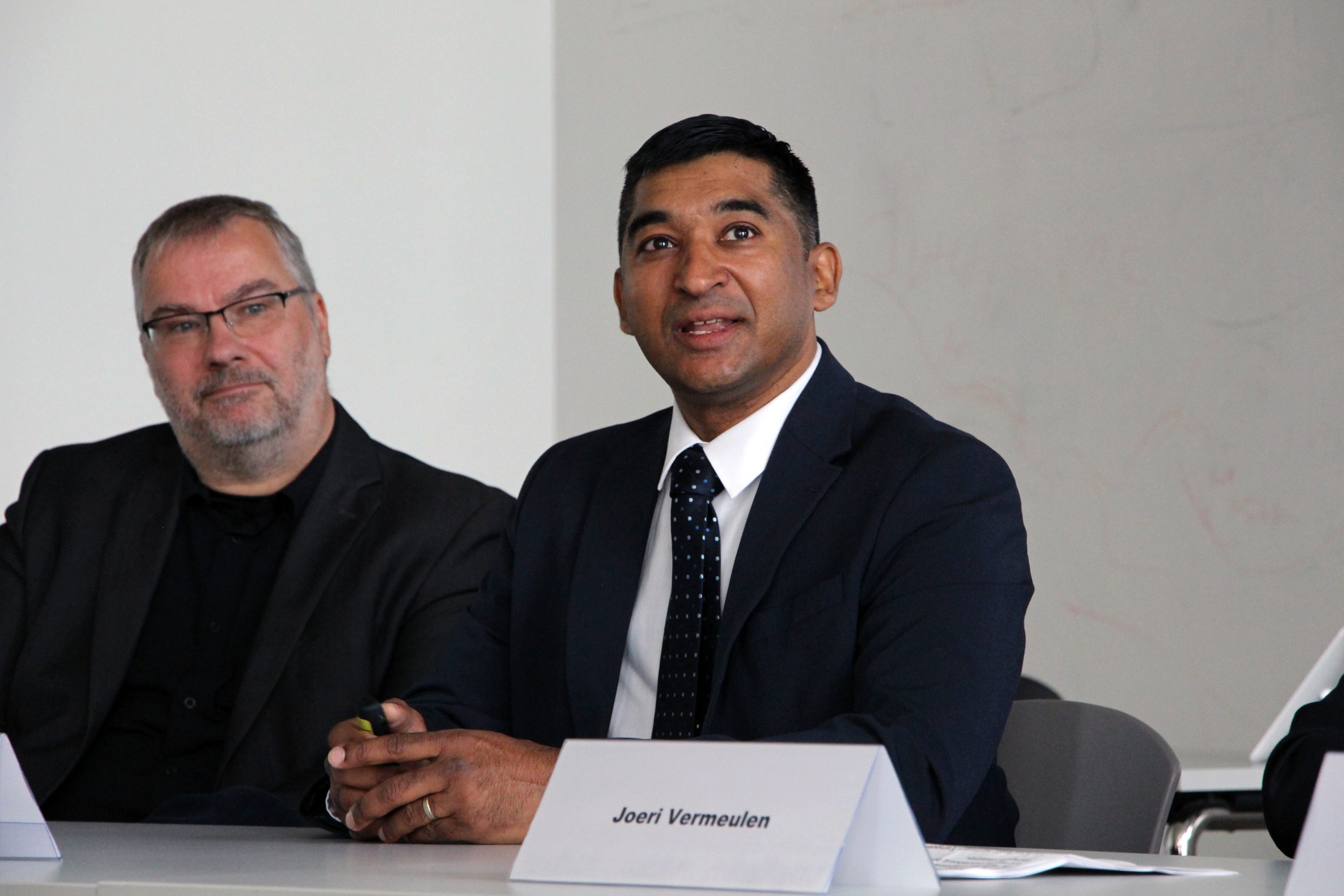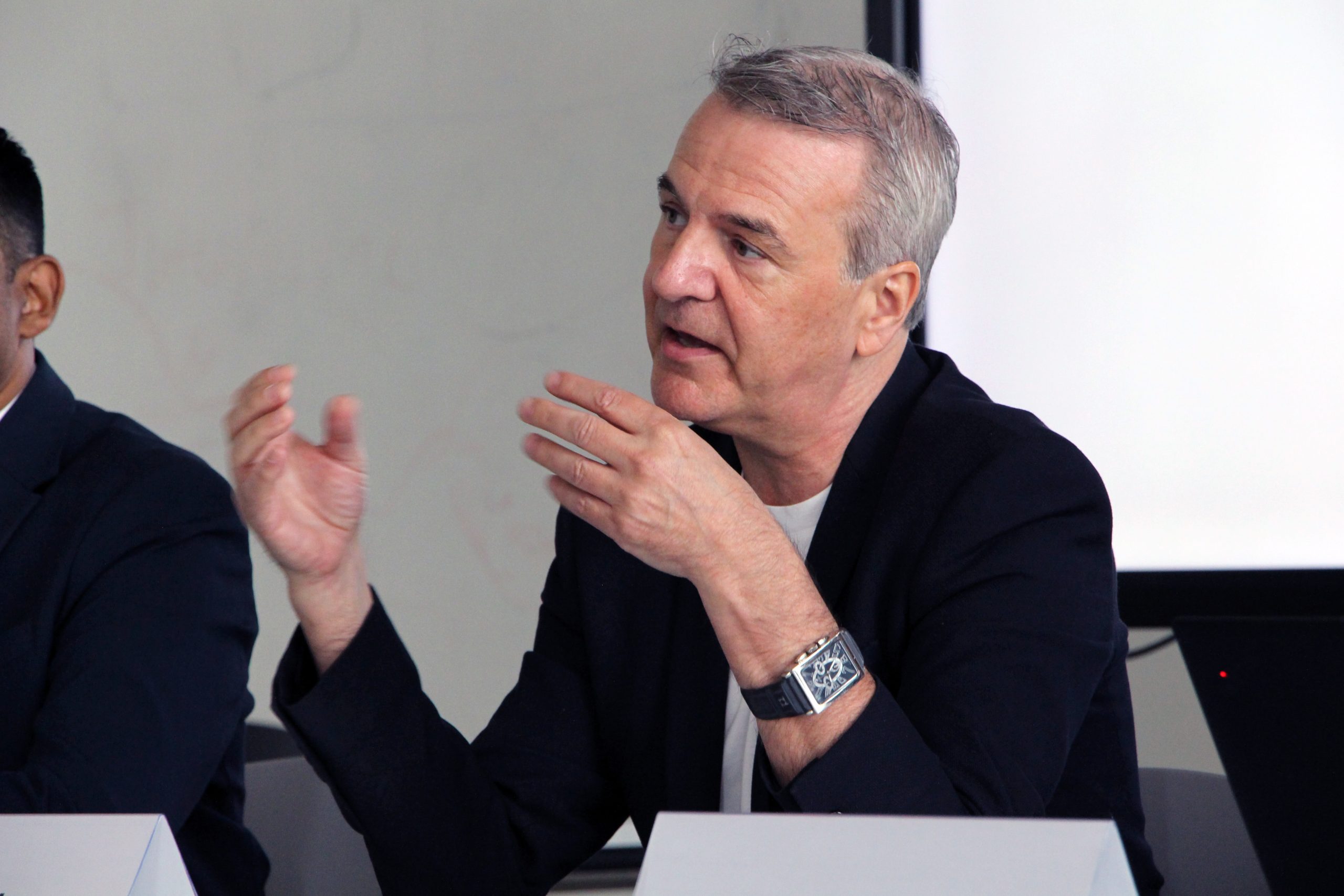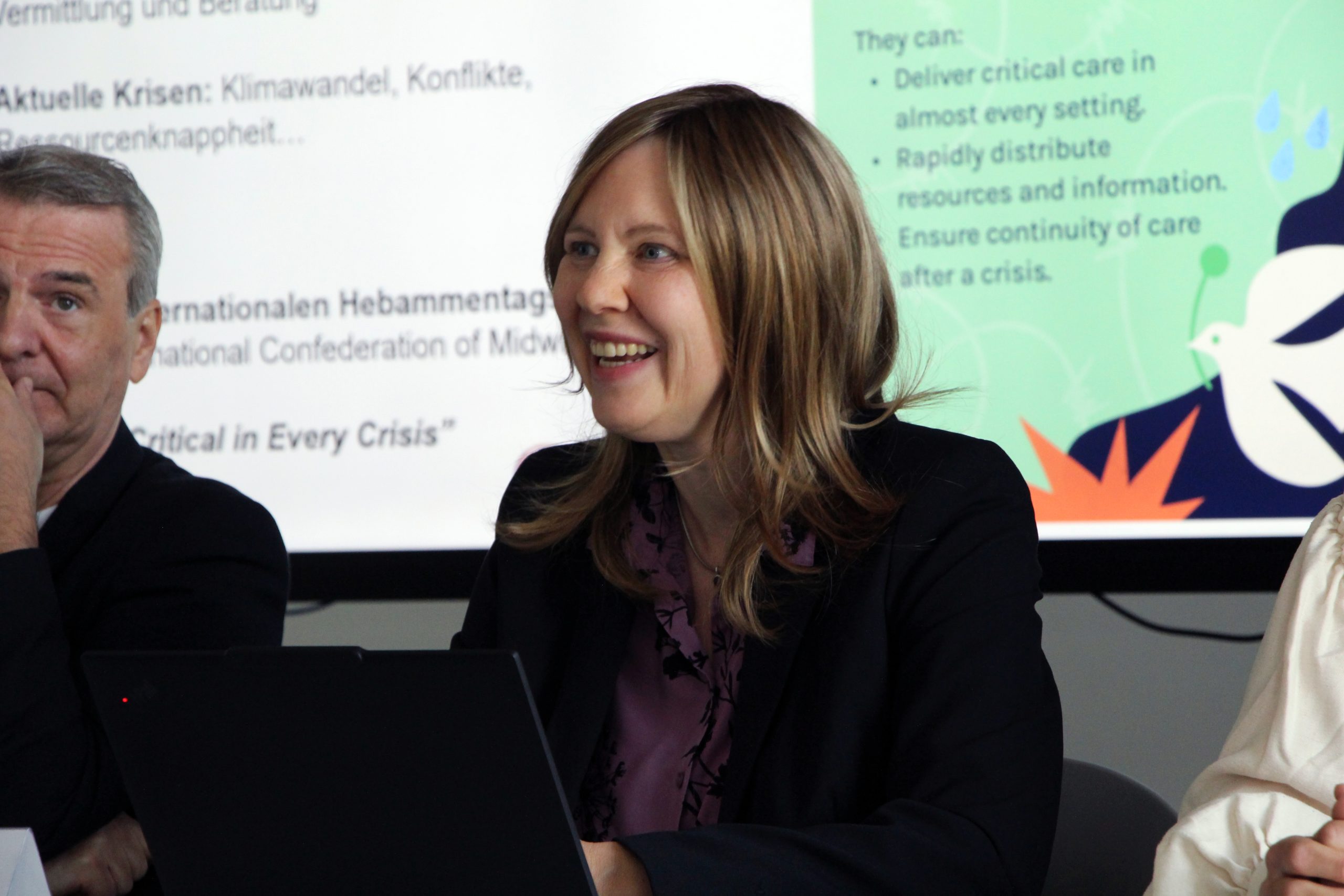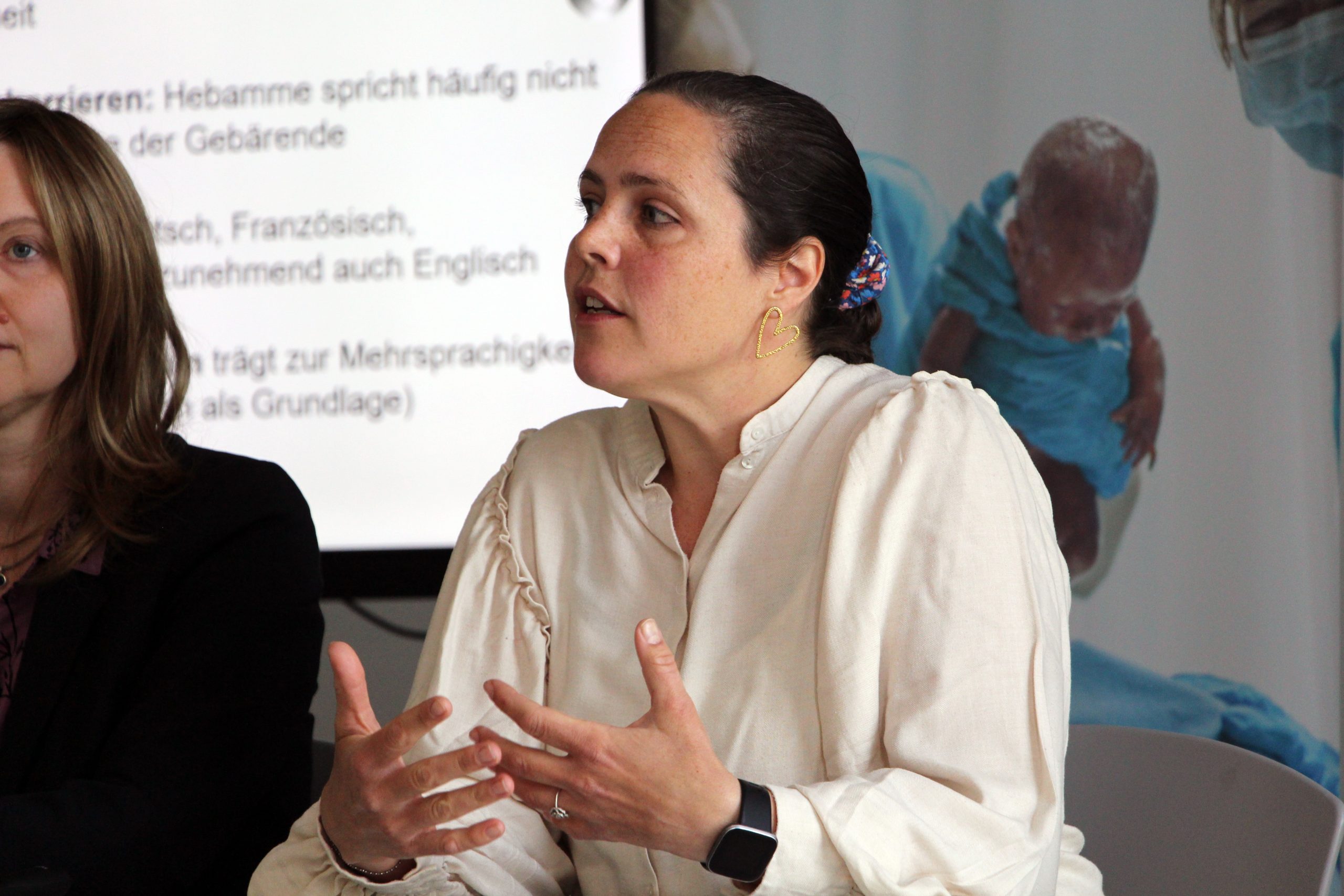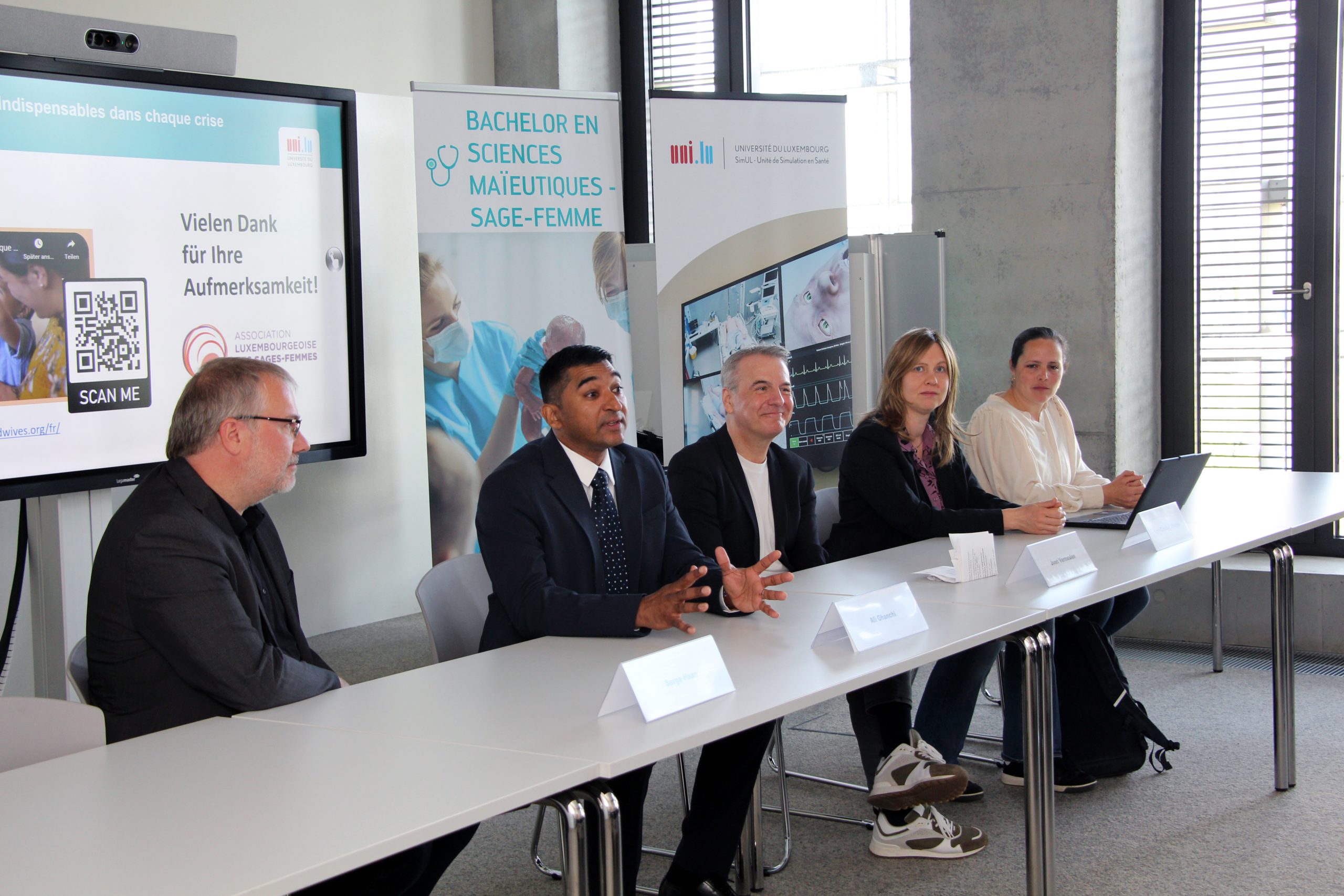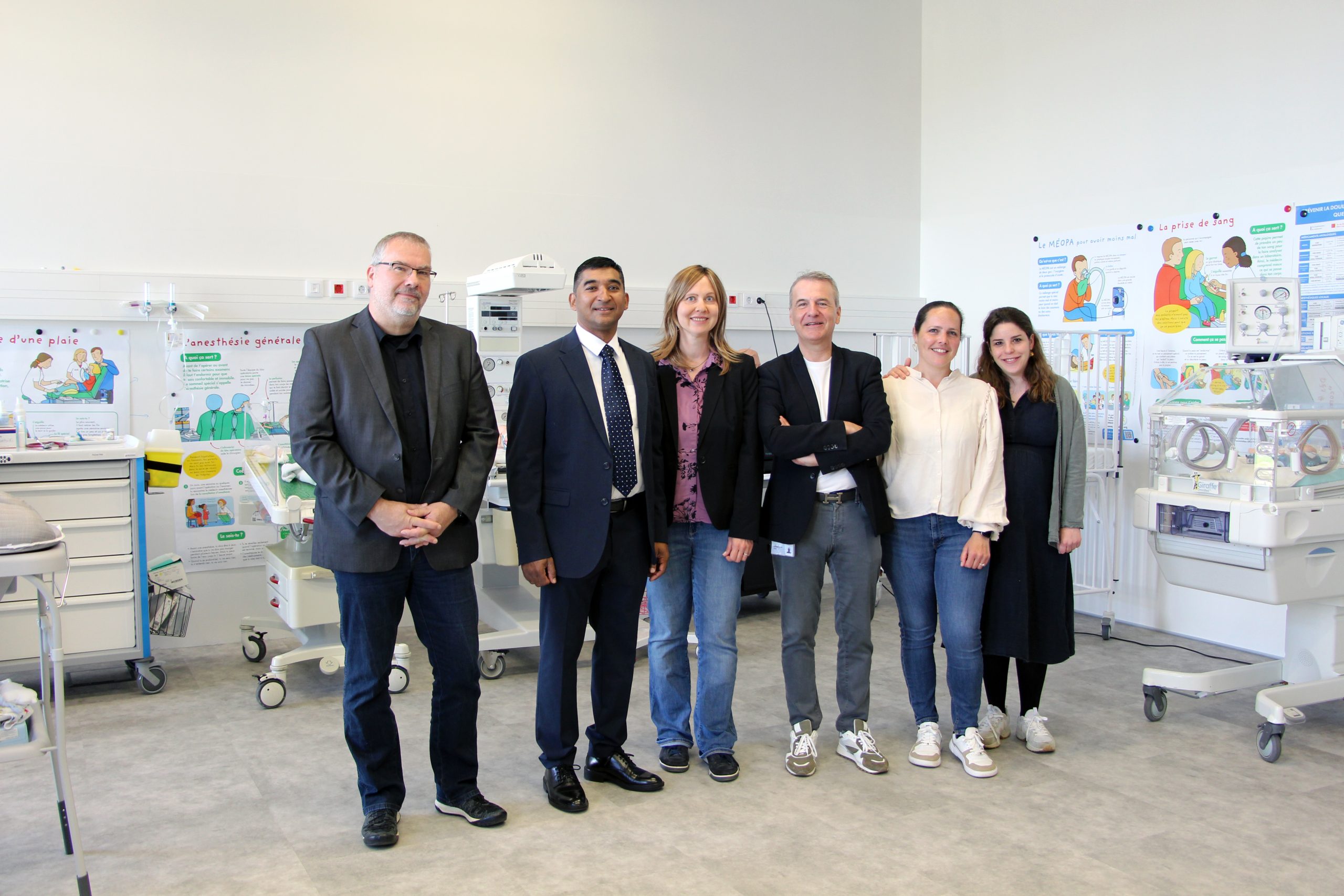To mark the International Day of the Midwife on 5 May, the University of Luxembourg officially unveiled its new Bachelor in Midwifery at a press conference. A new initiative designed to address a pressing national issue: the shortage of midwives.
A tailor-made programme for Luxembourg
Following the government’s decision to entrust the training of midwives to the University of Luxembourg, the academic team chose to build a new programme from the ground up, specifically adapted to the country’s needs.
“We built this programme from scratch,” explains Joeri Vermeulen, guest professor and representative of the European Midwives Association (EMA). “It meets both European and international standards while addressing key scientific, demographic and healthcare challenges, in Luxembourg and across Western Europe.”
Developed in close collaboration with several partners — including the Luxembourg Midwives Association (ALSF), the “Ecole Nationale de Santé du Luxembourg (ENSA), midwives from all four of the country’s maternity units, and various medical experts — the curriculum will tackle essential topics such as perinatal mental health, lifestyle interventions, and new models of care such as e-Health and hybrid solutions.
‟ With our midwifery training programme, we are investing in Luxembourg’s future. We are proud to support this important evolution.”
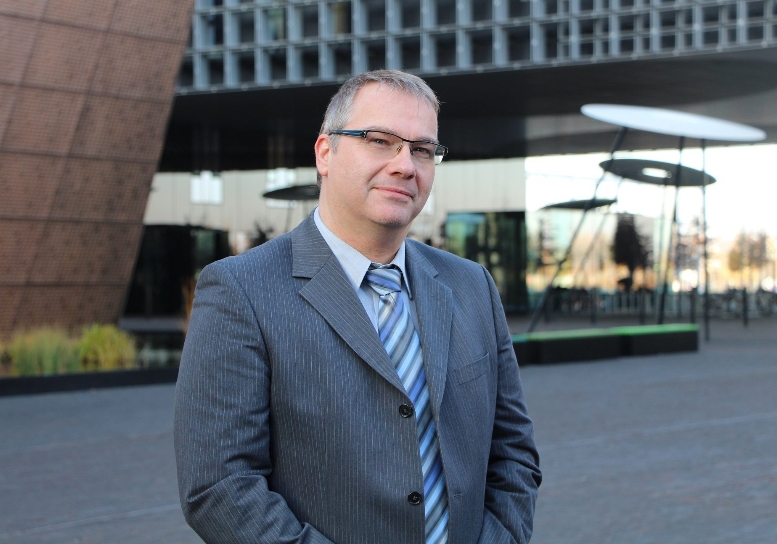
Directeur du Département en Sciences de la Vie et Médecine
Practice-based learning at the heart of the programme
A key strength of the programme is its emphasis on hands-on experience. The curriculum consists of 40% theoretical learning and 60% clinical practice, with each student completing 47 weeks of placements.
Students will also have access to cutting-edge facilities, including simulation rooms for paediatrics and postnatal care, a virtual hospital, and the “Anatomy Suite” equipped with a birth simulator. The “Digital Learning Suite” will allow students to simulate ultrasounds and analyse clinical cases.
This immersion into real-world scenarios provides the ideal setting for practising how to respond to realistic and complex scenarios
A profession with many facets
Midwives are present before, during and after birth, and their role extends far beyond medical care — they often deal with social, psychological, and public health emergencies as well.
That’s why the new programme is designed to be rigorous, comprehensive, and deeply human-centered. “It’s essential to strike the right balance between medical knowledge, technical skills, and human connection. Midwifery requires empathy, the ability to communicate clearly, and the capacity to build trust,” stresses Ali Ghanchi, Programme Director.
‟ Midwives are the Swiss army knives of perinatal care. They support the health of both mother and child at every stage of maternity”
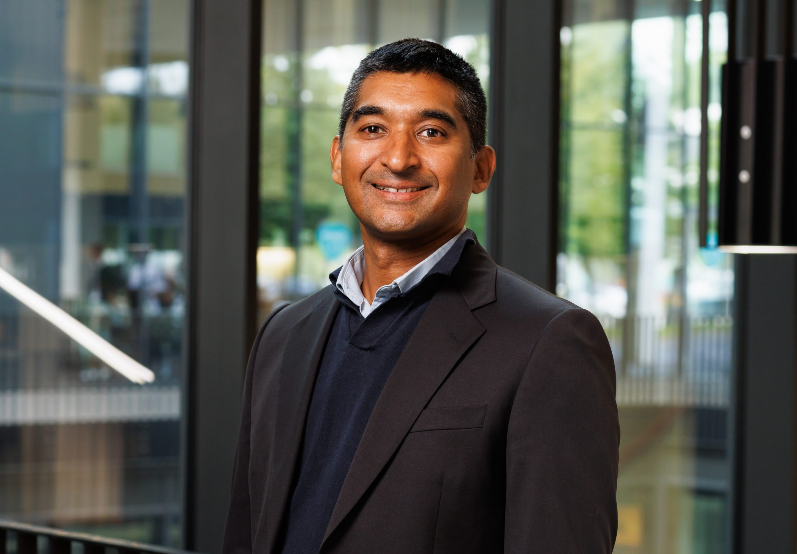
Programme Director
A profession in transition — still facing challenges
Speaking at the event, Anna-Cristina Rings-Alborino, President of the Luxembourg Midwives Association (ALSF), and Kristel von Laufenberg, ALSF Secretary, underlined the importance of training professionals who are prepared for an unpredictable world. “Climate crises, conflict, inequality… we need to be ready for all of it,” stated Anna-Cristina.
Since 2019, midwives in Luxembourg have seen their responsibilities expand — including antenatal care, home births, contraception and family planning advice, breastfeeding support, and postnatal rehabilitation.
Despite growing recognition, challenges remain. The shortage of qualified staff is stark, and healthcare providers are rarely able to meet the international standard recommending one-to-one care during labour.
‟ Many midwives care for several women in labour at the same time, even though international standards call for individual support.”
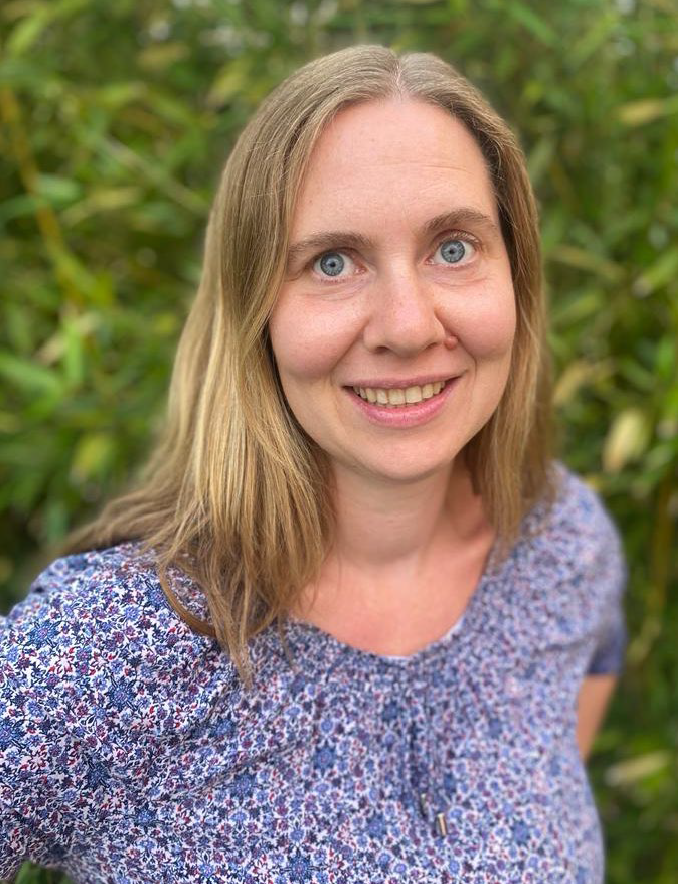
President of the “Association Luxembourgeoise des Sages-Femmes” (ALSF)
The launch of this new bachelor’s degree is a concrete step toward addressing these challenges. By creating more training opportunities and reducing workload pressure, it will help enhance the profession’s value and inspire new generations to join the field.
The first cohort will start in September 2025, with applications open until 4 July 2025.
Learn more
In the media
In French
-
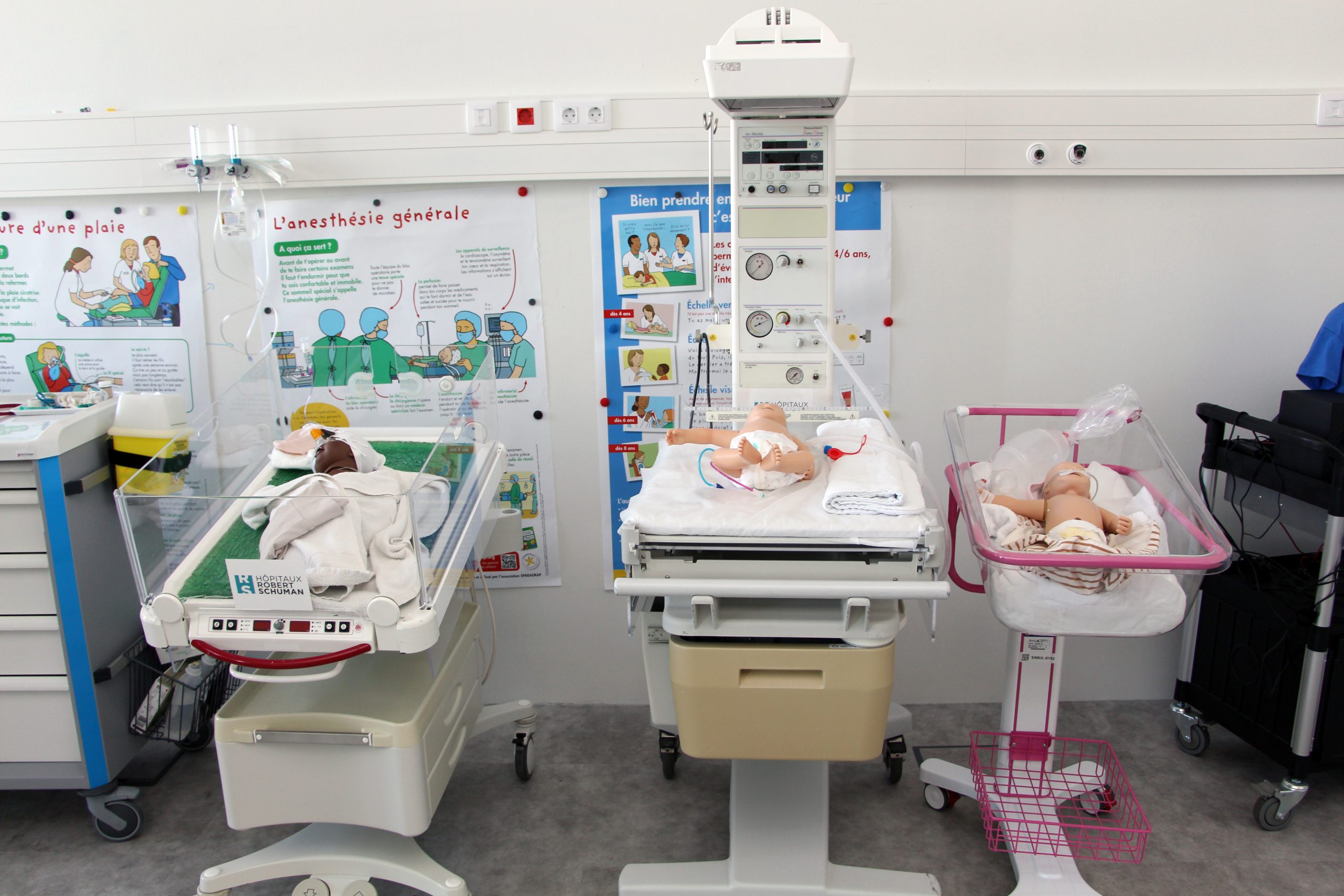
Un nouveau bachelor sage-femme ouvrira dès la rentrée à Belval
Le Quotidien -

Un nouveau bachelor pour devenir sage-femme dès septembre prochain à l’Uni
Virgule -

Le Luxembourg propose (enfin) un bachelor pour devenir sage-femme
Paperjam -

Un bachelor «made in Luxembourg» pour devenir sage-femme
L’Essentiel
